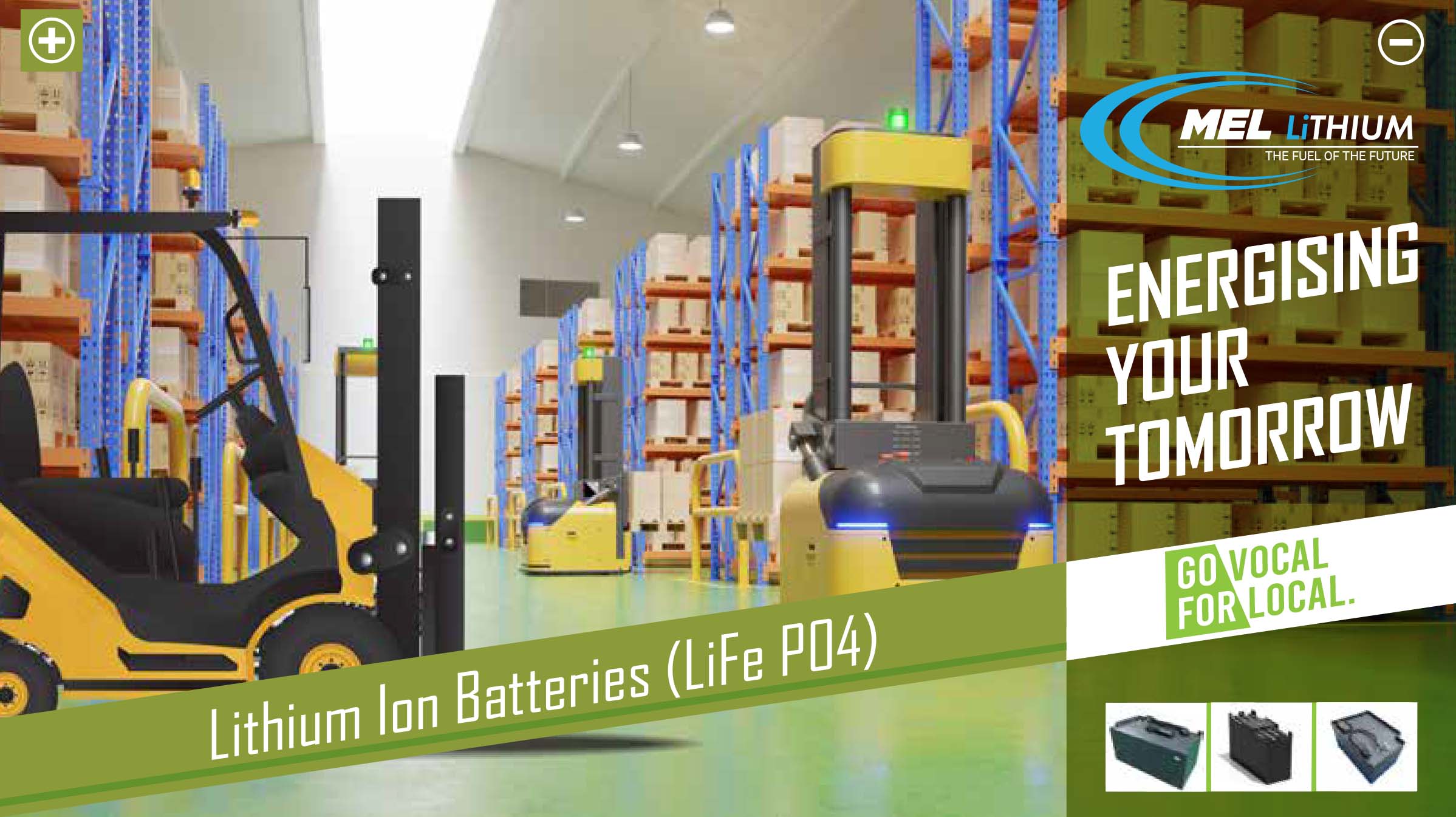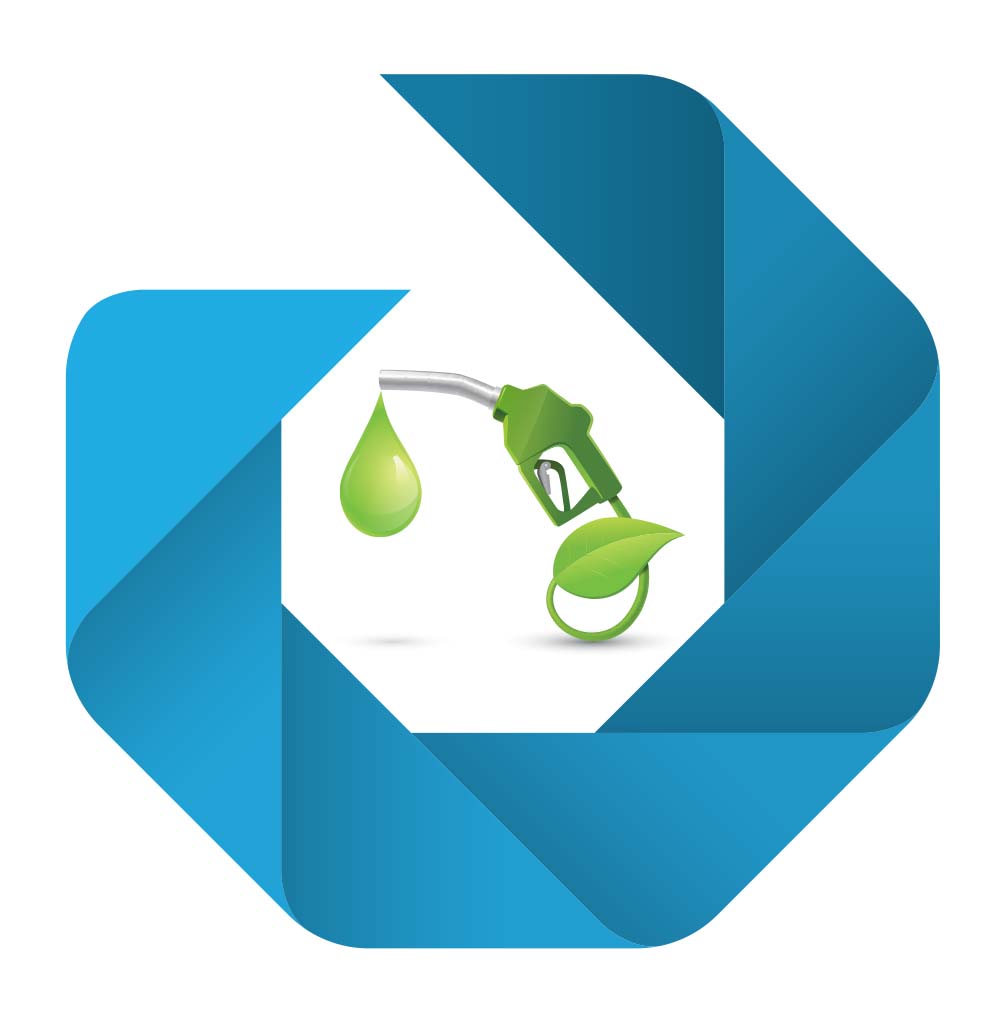
MEL Lithium
Knowing MEL
We, the MEL Services, are a professionally managed company established in the year 2002 and engaged in Sales, Service and Supply of Spare Parts For Unit Material Handling Equipments. Our Services are very well known in this field for excellent quality and strict adherence to commitments. Our experienced team
strives every day to make the material handling industry better with innovative products and problem solving solutions.
Our company is well equipped with a team of 45+ Nos. Qualified service engineers who are supervised by experienced and efficient Managers. The promoters of the company have more than 80+ years of Collective experience in the relevant field.
Statistics
-
Collective Experience - 80+ Years
-
Happy Clients - 600+
-
Testimonials - 250+
-
Team Members - 100+
-
Products - 3000+




























